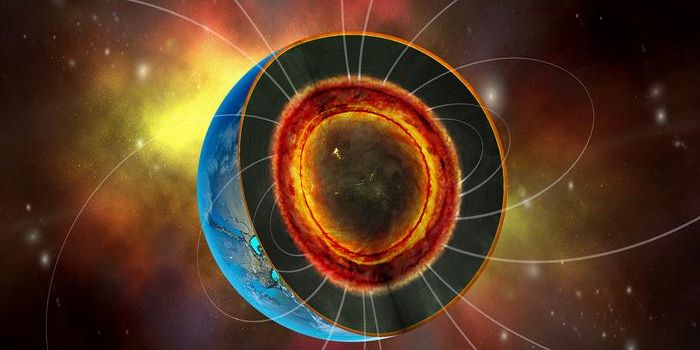Record Heat Waves Broke Across the US This Month
Cities around the United States, Iceland, and Australia have been experiencing hot flashes this February - except we’re too early in the winter to be going through menopause. So far this month, the United States has seen 2,805 record highs and just 27 record lows.
Some of the most noteworthy include Denver's high of 75 degrees, which broke the previous record by five degrees says National Weather Service meteorologist Robert Koopmeiners. Boston broke its previous record of 65 degrees by topping in at a 68-degree day, which, by the way was warmer than it was in Los Angeles at the time. (For those unaware of the average Boston temp in February, it’s usually between 36 and 42 degrees.) New York also hit a high when the city reached 70 degrees, which is about double the February average of 39 to 44 degrees. Chicago hit records reaching 70 degrees four days in a row. Oklahoma saw 99°, Iceland 66°, and Australia 116°. And the list goes on.
While these temperatures are an obvious symptom of climate change, the heat waves are going to have a more immediate impact: a lack of snow. The Washington Post reports that last week, snow covered a mere 16.5 percent of the Lower 48 states, which represents the second lowest amount since the National Oceanic and Atmospheric Administration began keeping records in 2004. (Last year’s 16.1 percent, on the same date, was lower.)
Ecologically, snow plays a crucial role in ecosystems, insulating and providing a source of water for hibernating plant species. “Season creep,” as scientists call the phenomena, can mess with entire ecosystems. And in at least one way, this will directly affect humans.
Flowers are already beginning to emerge throughout the country. In Chicago, which has gone a record 67 days without an inch of snow, like many other locations, these early blossoms may not live to see springtime, the season in which they’re supposed to poke their little buds up. If they die before they can be pollinated (the pollinators are still hibernating), farmers in the region may see their crops bud after an early thaw only to perish in a late-season frost, reports Think Progress.
Heat-trapping carbon pollution is warming the planet, producing shorter winters and more extreme heat. CREDIT: Climate Signals
These record breaking temperatures and their consequences are even more ominous given the current state of the EPA. Scott Pruitt, the newly appointed head of the Environmental Protection Agency (EPA), is a outward climate change denier and has deep ties to the fossil fuel industry. He plans to erradicate the Clean Power Plan, an EPA initiative to limit carbon pollution from power plants.
But some states are bent on making environmental progress, despite the EPA’s current state. Massachusetts legislators are now considering a bill that would require the state to get 100 percent of its electricity from renewables by 2035. And California has pledged to transition to 100 percent of its electricity from renewables by 2045. Is your state or community making similar goals to help the environment?

In parts of the country, temperatures were as much as 10º F above normal for the first three weeks of February. CREDIT: NOAA/NWS
Sources: The Washington Post, Attn.com, Think Progress









